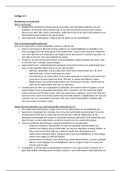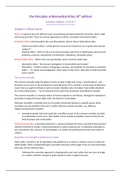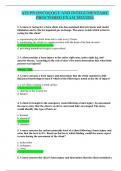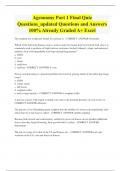An exploration of the role of reflection in transforming thinking and practice.
In this commentary, I will explore the role reflection has played in my professionalism. I will detail
reflective practice theories such as Dewey, Schon, and Kolb and consider how these theories and
my own experiences have impacted and transformed my practice for the future. The Department
for Education explains that two of the required Teacher’s standards that must be met by all
teachers includes ‘demonstrating knowledge and understanding of how pupils learn and how this
impacts on teaching’ and ‘having a secure understanding of how a range of factors can inhibit
pupils’ ability to learn, and how best to overcome these’ (DfE, 2013). Throughout my reflections, I
have found these two attributes of a teacher to be ones that I have paid close attention to. I am
particularly interested in how children learn in their ability or non-ability groupings and play and
how factors such as motivation and behaviour can be barriers to learning. I have also considered
how Assessment for Learning (AfL) can support my monitoring of children’s learning so that I am
able to adapt and respond to their emotional, academic and/or barriers to learning that they may
be facing. On-going learning opportunities and experiences throughout the course have both,
changed my perspectives and reaffirmed my values. Through my reflections and reflective
discussions with others, I am becoming more aware of the vast array of standpoints on situations
and how this can help me tailor my practice. Pollard (2008) highlights the main goal of reflective
practice, which is to lead to increased quality of education. Reflection is considered to be a crucial
aspect of becoming a teaching practitioner and an aspect I must engage in daily. Reflection allows
‘people [to] recapture their experience, think about it, mull over and evaluate it’ (Boud, Keogh &
Walker, 1985:43).
Theorist, Dewey posits that ‘we do not learn from experience. We learn from reflecting on
experience’ (Dewey, 1933:78). This means that reflection is not just passive recall of an event. Dewy
(1933) adds to this statement by putting forward the idea that the process of thinking or reflection
begins with some perplexity. Subsequently meaning, when theorising with teaching in mind, that
there was something within your teaching that caused you some doubt. In many of my reflective
experiences, I have begun with difficulty or ‘problem’ with how my lesson had proceeded. The next
step is to ‘mull over’ the experience in order to think of a solution to the problem at hand; the
solution comes from past experiences, relevant knowledge that we have or a more knowledgeable
other. Dewey then suggests an elaboration of the hypothesis and the testing of the hypothesis.
Schon (1987) builds on Dewey’s ideas and associates reflection with experiences by suggesting that
there are two types of reflection: reflection-in-action, which requires thinking on your feet and
1





